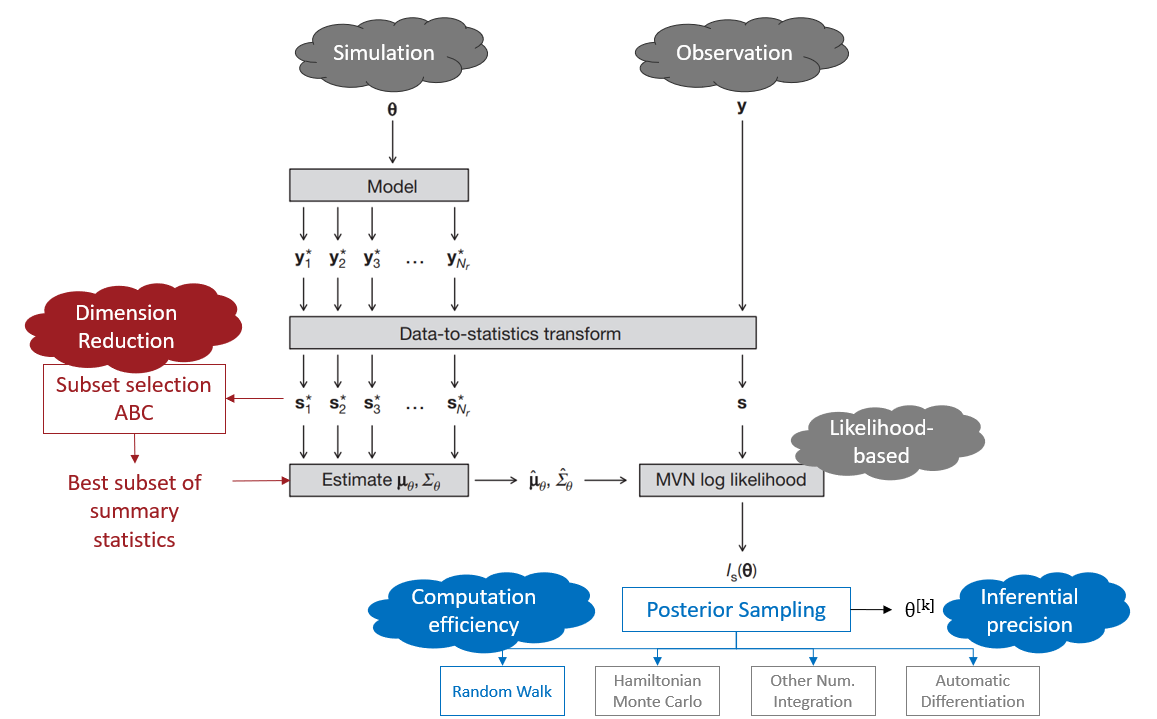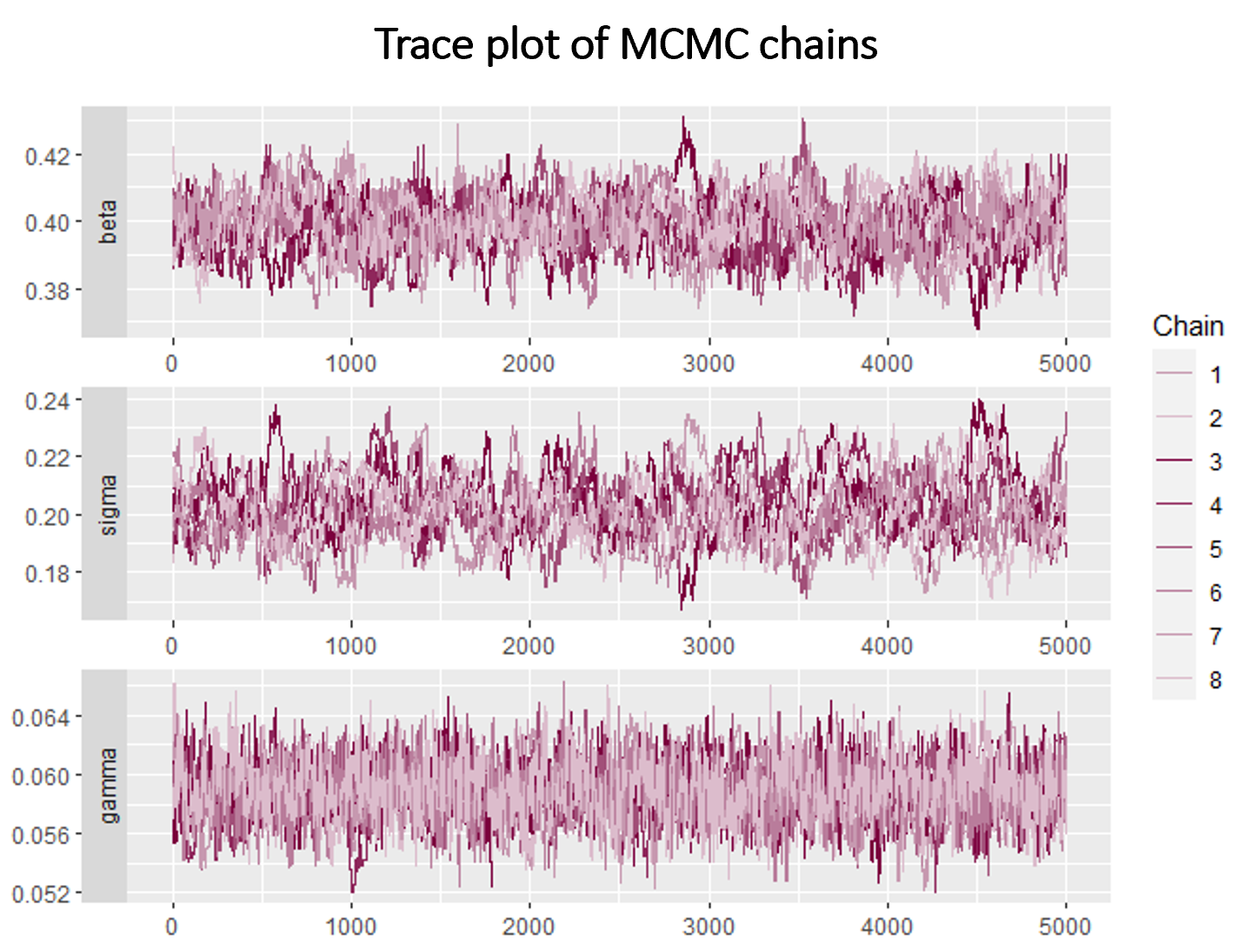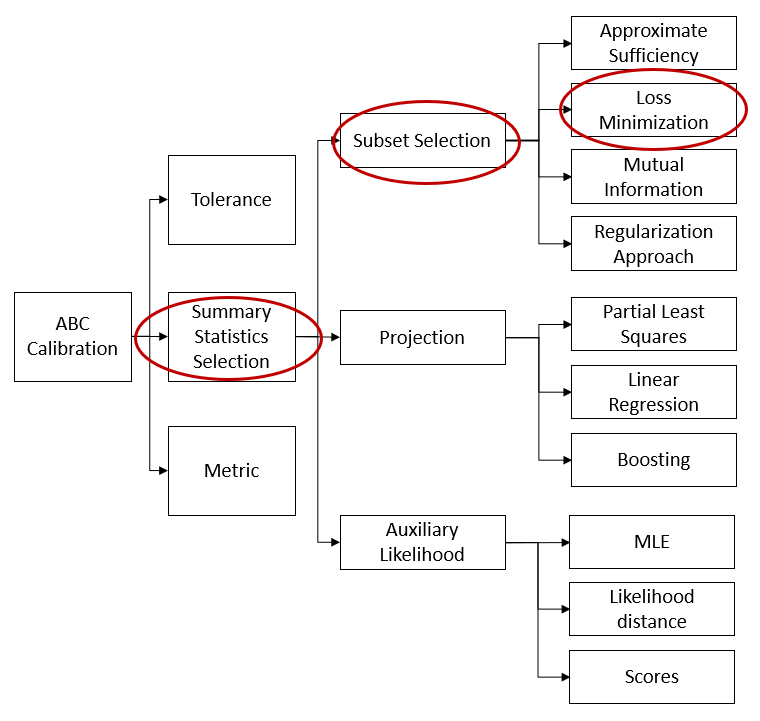Accelerating approximate Bayesian inference for compartmental models in epidemiology using Stan
Conference
65th ISI World Statistics Congress
Format: CPS Abstract - WSC 2025
Keywords: bayesianinference, epidemiology
Session: CPS 7 - Epidemiological Modelling
Monday 6 October 4 p.m. - 5 p.m. (Europe/Amsterdam)
Abstract
Mechanistic compartmental models are extensively used in epidemiology to study the dynamics of infectious disease transmission. These models have significantly contributed to designing and evaluating effective control strategies during pandemics. However, the increasing complexity and the number of parameters needed to describe rapidly evolving transmission scenarios present significant challenges for parameter estimation due to intractable likelihoods. To overcome this issue, likelihood-free methods have proven effective for accurately and efficiently fitting these models to data. In this study, we focus on approximate Bayesian computation (ABC) and synthetic likelihood methods for parameter inference. We develop a method that employs ABC to select the most informative subset of summary statistics, which capture the local dynamic structure and the distribution of observations. These summary statistics are then used to construct a synthetic likelihood using a multivariate normal approximation of their distribution for posterior sampling. Posterior sampling is performed using Hamiltonian Monte Carlo as implemented in the Stan software. The proposed algorithm is demonstrated through three case studies, showing promising results for inference in both deterministic and stochastic epidemic scenarios.
Figures/Tables
Workflow of proposed method

Trace plot of MCMC chains

Overview of ABC methods for summary statistics selection

